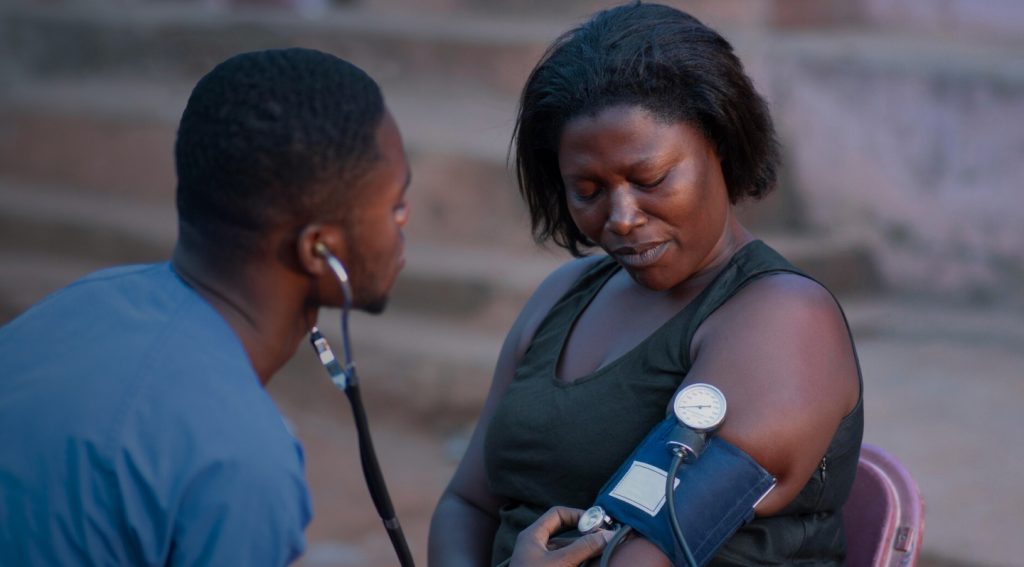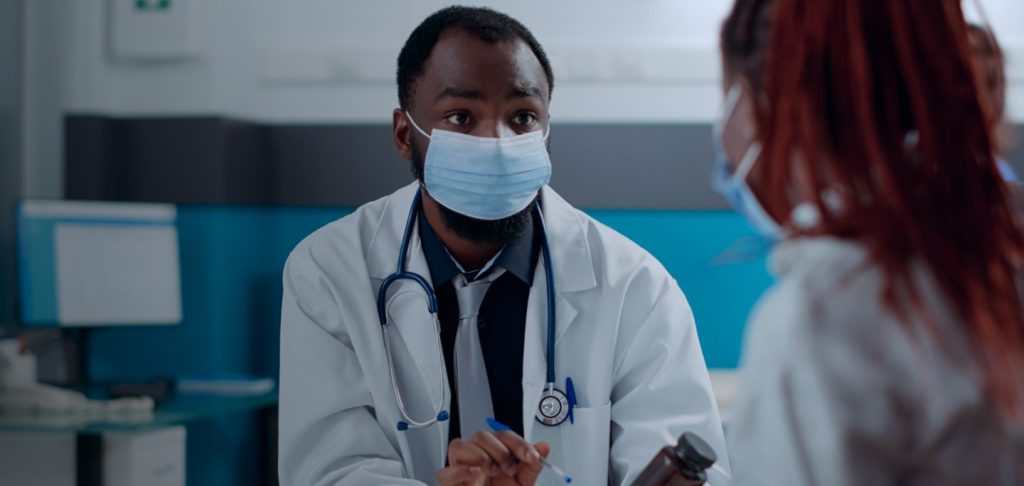Project Bloodline - Amplifying Blood Awareness Online
Project On Increased Online Presence, Visibility, And Branding of The Lagos State Blood Transfusion Service
Project Bloodline - Amplifying Blood Awareness Online
Project On Increased Online Presence, Visibility, And Branding of The Lagos State Blood Transfusion Service

Problem Statement
1. Lagos is presently Africa’s second densest city, behind only Cairo. The population has grown exponentially over the last four decades, estimated at 26 million today. Lagos’ population is expected to pass 35 million by 2030. Despite this increasing population, blood shortages in Africa are due to insufficient voluntary donors.
2. Inadequate blood donation is a major public health problem in Sub-Saharan Africa. WHO estimates that blood donation by 1-2% of the population is the minimum needed to meet a nation’s most basic blood requirements. This is at least 260,000 units of blood in Lagos state, with a population of about 26 million and a population growth rate of about 600,000 per annum.
Please note that an estimated population of 22 million is sometimes used in Lagos state.
3. The WHO’s goal for all countries is to obtain 100% of their blood supplies from voluntary unpaid blood donors by the year 2020. Though the year 2020 has been exceeded, the rate of voluntary blood donation in Nigeria (5-7%) and in Lagos state-2023, (14%). These are far cries from WHO’s goal.
4. Blood is a limited resource. Over the last 20 years, there has been a progressive increase in demand for blood, mainly as a result of the advances in medical care and an increase in specialized surgeries. Low-income countries like Nigeria face challenges in meeting blood demand.
5. Blood is free but there is payment for infectious disease screening and consumables. These costs are increasing in light of worsening economic crises and inflation which are worse in the private facilities where paid donation is practiced.
6.Due to worsening economic crises, worsening poverty index and the effect of the court judgement in favour of SERAP concerning antenatal registration and husband replacement blood donors, there is an increasing rate of commercial donation over replacement and voluntary non-renumerated blood donation which raises concerns about the safety and availability of blood thus the need to strengthen quality control and assurance measures in the processing of safe blood.
To advocate voluntary blood donation while raising awareness about the process and importance of safe blood transfusion.

Objectives
Proposed Audience
Proposed Online Activities
To put up at least three (3) graphic or video posts per week (12 posts per month) consisting of
Expected Outcomes
1. To increase the number of recruited voluntary blood donors from 7,000 to 9,000 and the frequency of repeat voluntary blood donation from an average of once a year to at least twice a year by December 2025.
2. Promote the incorporation of voluntary blood donation into CSR initiatives focused on health and safety. Voluntary blood donation aligns with their corporate social responsibility (CSR) to improve community health.
3. Promote direct partnerships and collaborations with Lagos State Blood Transfusion Service (LSBTS) to ensure a safe, regular, sustainable blood supply.
4.Increase sponsorship opportunities by corporate and non-corporate organisations, formal and informal organisations through donations of branded souvenirs, and blood collection consumables like specialised blood bags.
Conclusion
The Project on increased Online Presence, Visibility, and Branding of the Lagos State Blood Transfusion Service aims to revolutionise how blood donation and transfusion services are perceived and accessed in Lagos State and in the international space. By leveraging the power of social media and digital platforms, the project seeks to foster a culture of voluntary blood donation, increase awareness about safe blood transfusion practices, and solidify LSBTS’s position as a leading blood service provider. Through strategic branding and engagement, we envision a future where every resident recognizes the process and importance of safe blood, contributing to a healthier and more responsive healthcare system in Lagos State.